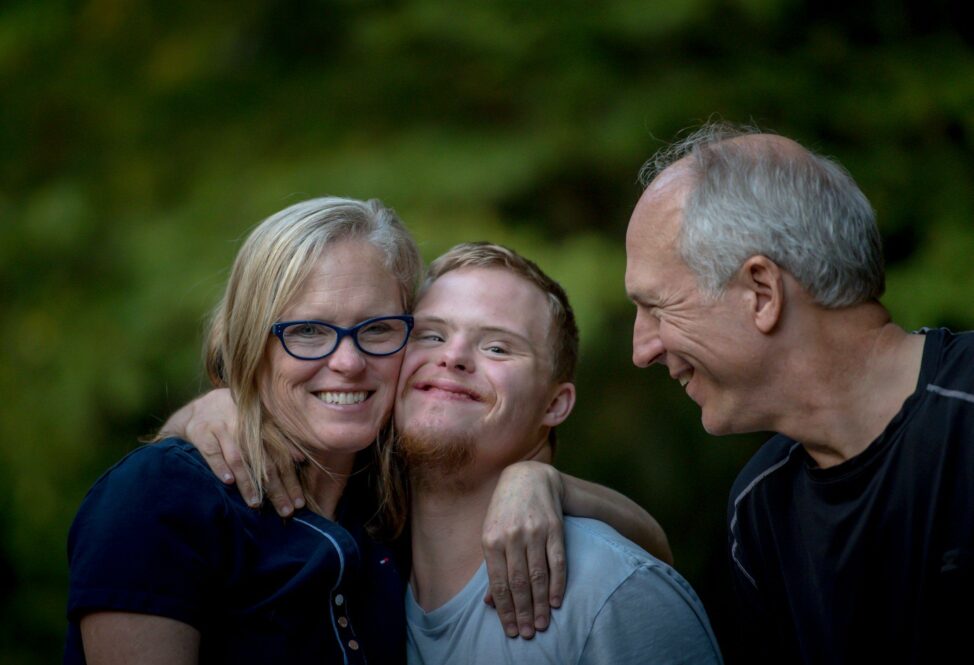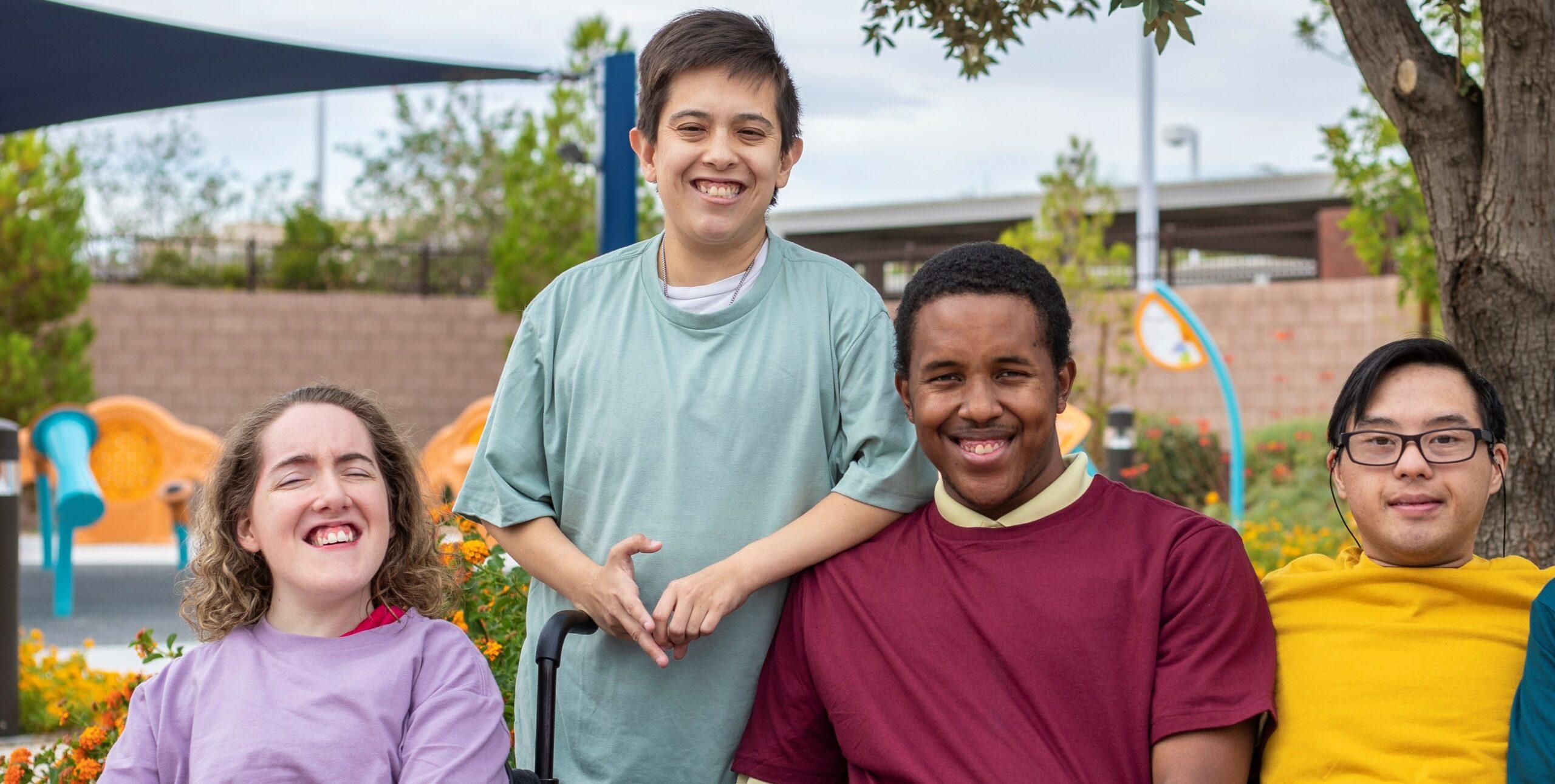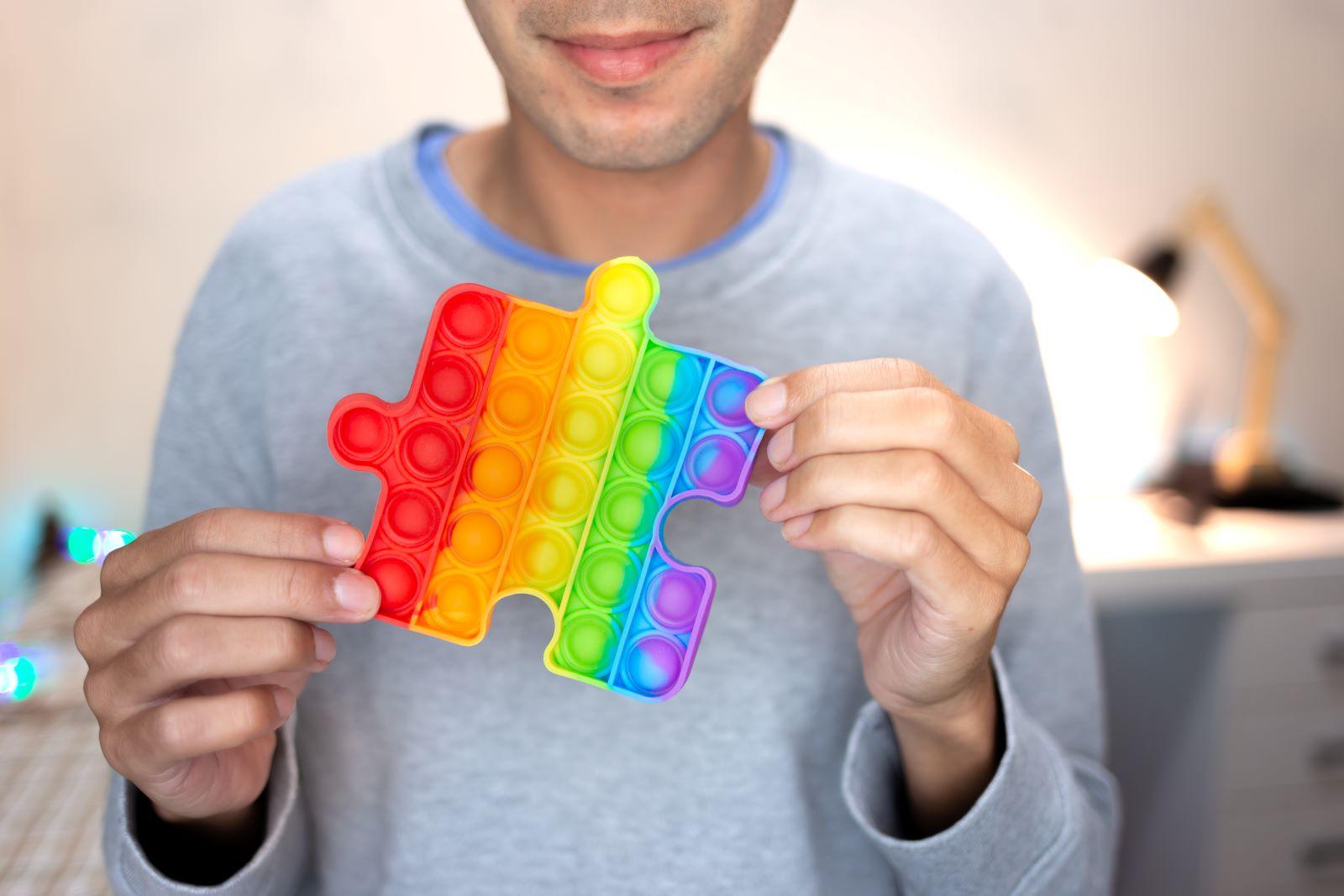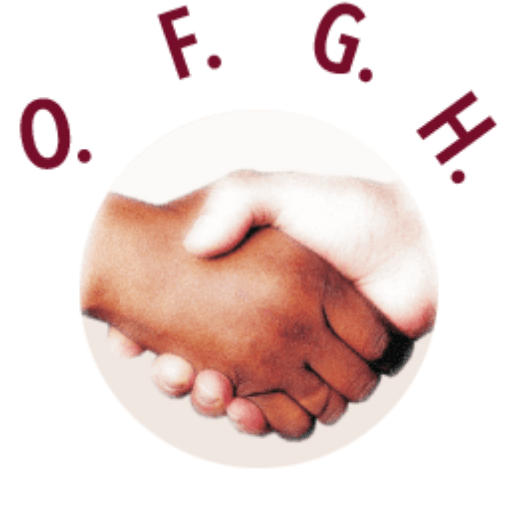Our Services
Designed to help individuals realize their potential at every stage

Child
Early intervention can have a significant impact on developmental progress

Adolescent
Recognizing the physical growth that youth experience informs behaviour support plans

Adult
Supporting greater independence as well as a stronger sense of belonging
Care and Support
Our Direct Support Workers provide day-to-day care and support for individuals as they pursue their activities of daily living, including attending community-based activities such as school and day programs.
With oversight from our Registered Behaviour Analysts, our Direct Support Workers and Behaviour Support Technicians implement individualized programs that address the behavioural, emotional, communication and other needs of each supported individual so that they can achieve their potential.
Clinical Oversight
With support from Supervised Behaviour Technicians, our Registered Behaviour Analysts conduct comprehensive behaviour assessments, develop individualized Behaviour Support Plans, provide mediator training, design and analyze data collection systems, facilitate family meetings, and develop goals focused on behaviour reduction and skill acquisition for each supported individual.
All our services utilize evidence-based, empirically validated interventions rooted in Applied Behaviour Analysis (ABA).
Data Collection and Analysis
- The Registered Behaviour Analyst develops user-friendly data collection systems that provide critical information for clinical decision-making. These data sheets typically track the frequency, duration, and intensity of target behaviours, allowing for timely adjustments to interventions as the treatment progresses. The Registered Behaviour Analyst monitors this data to assess the efficacy of the intervention and make data-driven decisions.
Assessments
- A Registered Behaviour Analyst, supported by a Supervised Behaviour Technician, conducts thorough assessments of target behaviours through Functional Behaviour Assessments. This process involves a review of relevant documents, indirect and direct assessments, in-person observation, and the use of standardized tools as necessary to determine the function of behaviours. We do not provide initial diagnoses; our assessments focus on the current functional level of the supported individual and identifying the function of challenging behaviours to guide intervention recommendations.
Behaviour Support Plans
- The Registered Behaviour Analyst creates individualized Behaviour Support Plans tailored to the supported individual’s specific needs. These Behaviour Support Plans incorporate antecedent-based and consequence-based interventions, evidence-based teaching strategies, and behaviour management protocols. All interventions are designed to meet best practice guidelines and comply with relevant regulatory standards.
Mediator Training
- Training caregivers and support staff is integral to our service delivery. To maximize the impact of ABA interventions, all key stakeholders must implement consistent techniques across the supported individual’s environments. We conduct Behaviour Skills Training to ensure that direct support staff, parents, and other stakeholders are proficient in the required procedures. Supervised Behaviour Technicians work closely with these individuals to provide training and collect data to monitor treatment fidelity, ensuring ongoing adjustments to the treatment plan as necessary.
Family Meetings
- Registered Behaviour Analysts and Supervised Behaviour Technicians meet regularly with families, agency staff, program managers, and other relevant stakeholders to review supported individual progress, address current concerns, and outline upcoming goals. We prioritize accessibility, ensuring that families can consult with our team and actively participate in their loved one’s care.
Goal Development
- Every supported individual will have socially significant goals that aim to enhance their overall quality of life. These goals are often designed to reduce maladaptive or harmful behaviours and replace them with functionally equivalent alternatives. For example, we might work to replace aggression with communication strategies, such as teaching the supported individual to use words, gestures, pictures, or augmentative communication devices (e.g., electronic tablet) to express needs or wants rather than resorting to aggression.
Our programs serve the needs of multiple stakeholders.
Individuals – Youth and Adult
- Highly personalized care and support
- High ratio of support workers per individual
- Increased independence and self-determination
- Inclusion and engagement within a small home setting and the wider community


Families
- Respite from day-to-day responsibilities of supporting an individual with complex needs
- Confidence that programs are highly personalized and implemented with a commitment to health, safety and development
- Direct engagement with the clinical and support team
- Proximity to their loved one
Placing Agencies
- Support for individuals with more complex needs
- Continuity of care across life stages (i.e. youth to adult)
- Integrated service model includes clinical oversight and day-to-day support
- Long-term placements; emergency / short-term placements on exception basis
- Small community-based homes allow individuals to live near their family
- Direct engagement with individuals and their families in defining their journey
- Compliance with Ministry and other standards
- Value for money


Transitional and Independent Living – Adults
- Successful transition from a structured group care setting to more independent living through Specialized Individual Placement Services arrangements with placing agencies
- Individuals prepared to live on their own through the Independent Living with Supports (ILS) Program, which we customize to address specific life-skills such as coping skills, daily living and independent living skills, job search, resumes and therapeutic groups on anger management and healthy sexuality
More than a helping hand
Supporting individuals and families for a sustainable journey to belonging
Contact Us: 1-905-247-5599
